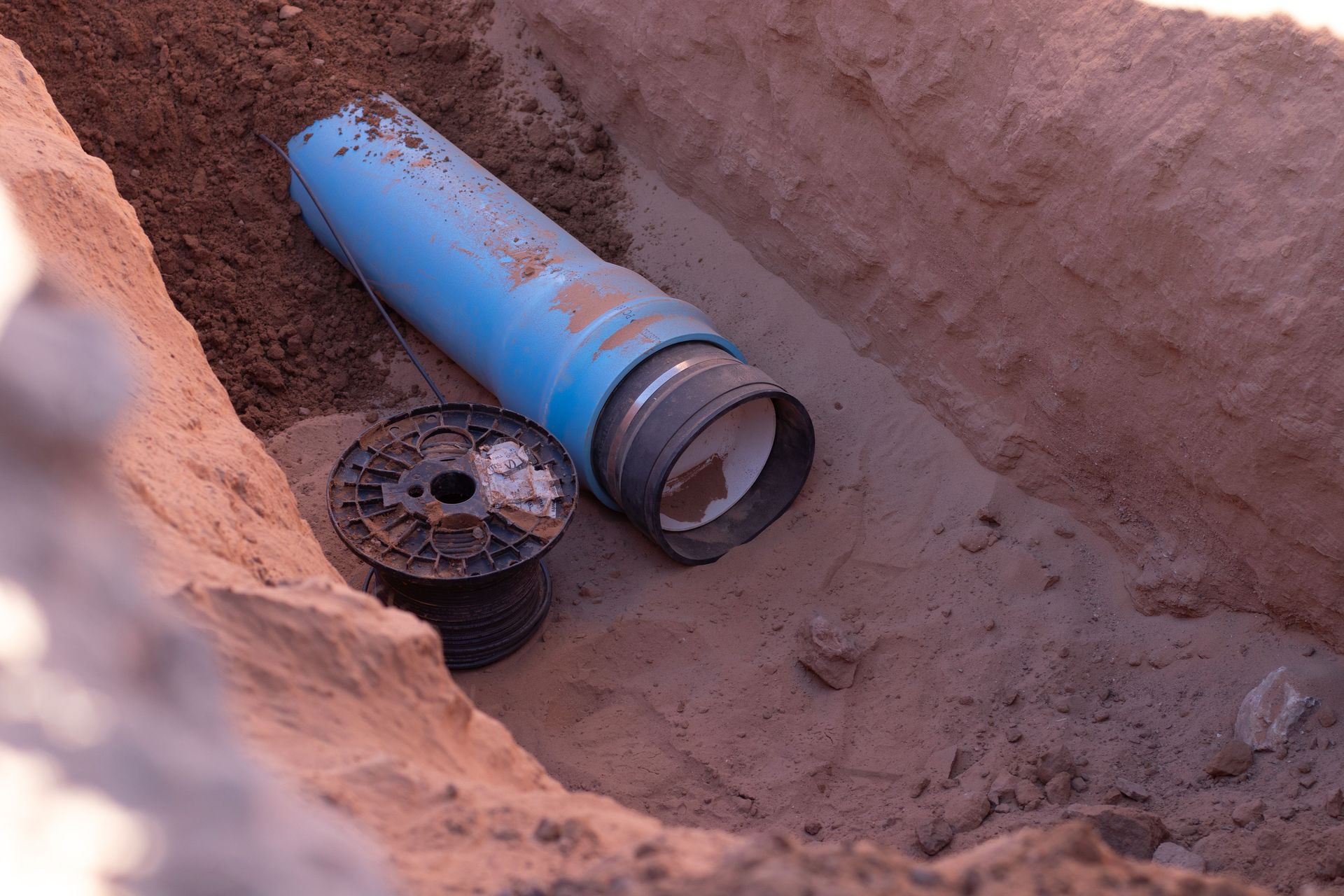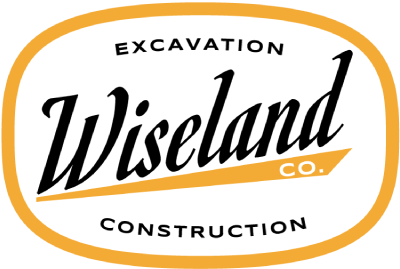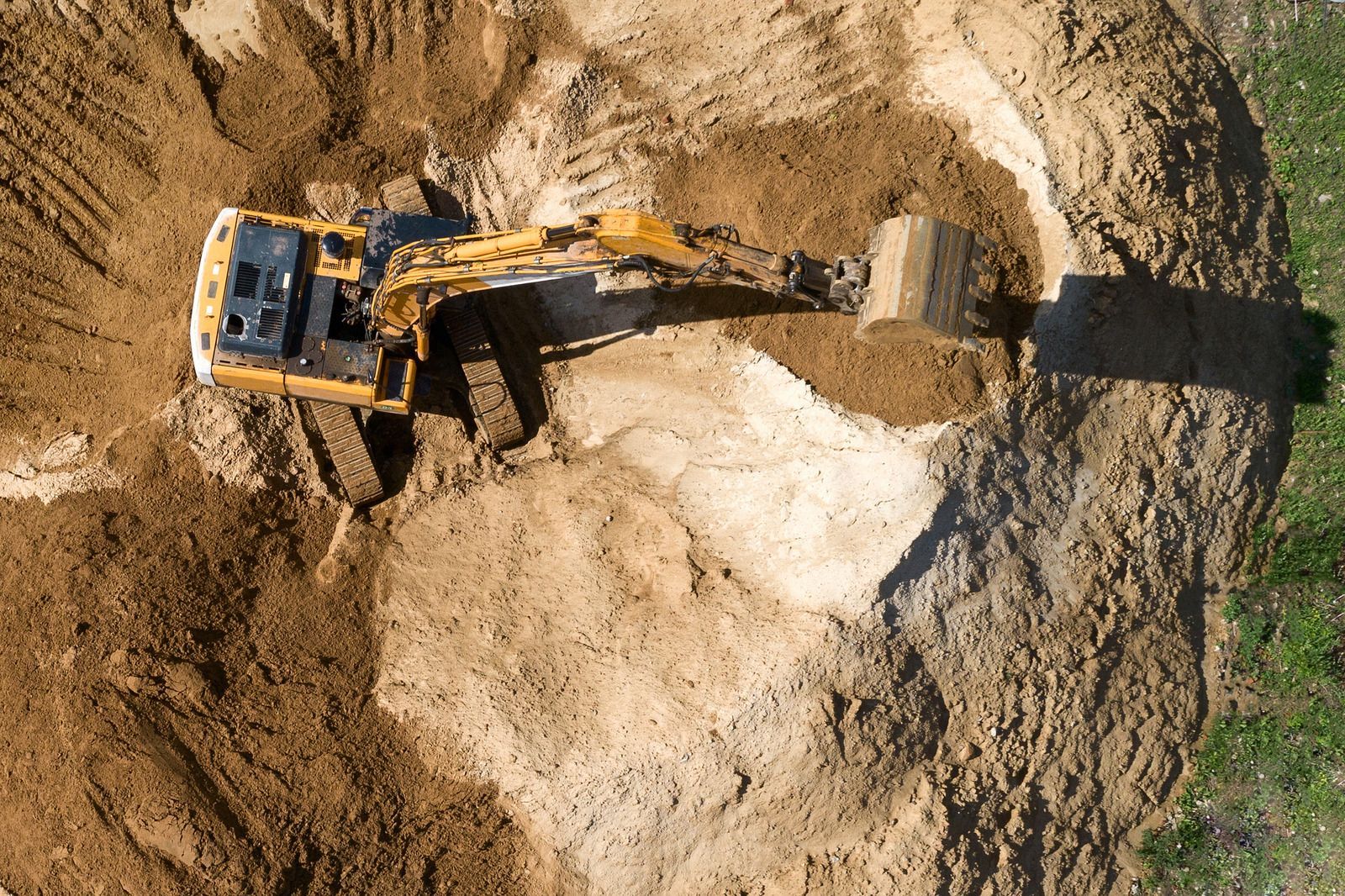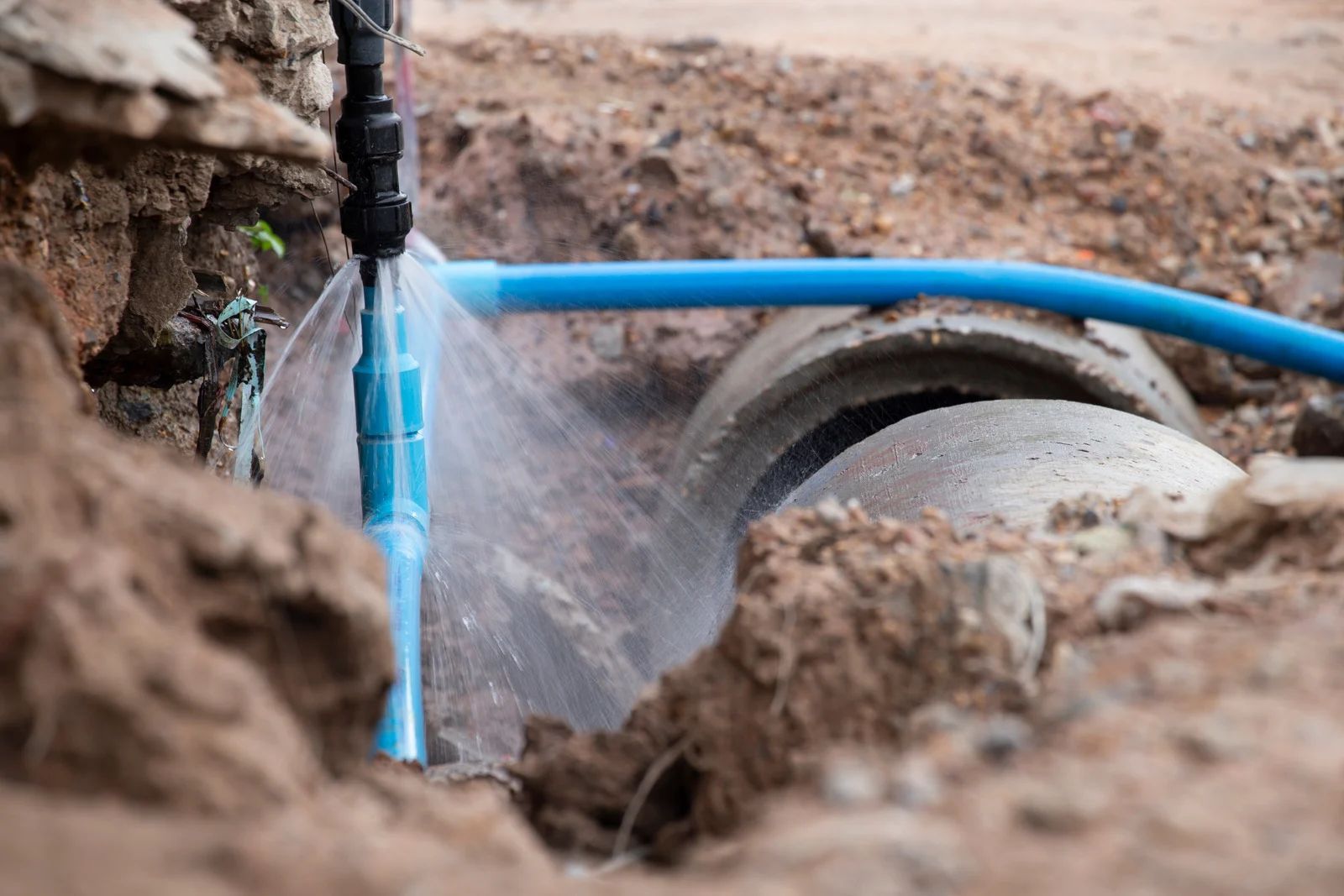The Difference Between Concrete and Asphalt: Which Is Better for Colorado Driveways?
When it comes to installing or replacing a driveway in Colorado, two materials typically come to mind—concrete and asphalt. Both options offer distinct advantages and challenges, and your final choice often depends on climate, maintenance needs, aesthetics, and budget. In a state like Colorado, with its unique weather patterns and seasonal temperature fluctuations, selecting the right driveway material becomes more than just a matter of visual preference—it’s a question of long-term performance and cost-effectiveness. This blog will explore the key differences between concrete and asphalt, and help you decide which is better suited for your Colorado home.
1. Climate Resistance
Colorado’s freeze-thaw cycles can take a toll on any surface. Concrete, while durable, is more prone to cracking under extreme temperature changes. Water can seep into cracks, freeze, and expand, worsening the damage over time. Asphalt, being more flexible, tends to fare better in Colorado’s variable climate. It can expand and contract with temperature changes, making it more resistant to cracking. Additionally, asphalt’s flexibility makes it a better option for sloped or uneven terrains where shifting is more likely.
2. Cost and Installation Time
Asphalt is generally less expensive to install upfront. It also cures faster—driveways can often be used within 24 to 48 hours of installation. Concrete, on the other hand, is more costly and may take several days to cure before it’s ready for use. For homeowners working within a tighter budget or timeline, asphalt often wins this round. It also requires less labor during installation, contributing to the lower total project cost.
3. Maintenance Requirements
While asphalt requires more routine maintenance, such as seal coating every 3–5 years, it is easier and cheaper to repair. Concrete is lower maintenance in terms of sealing but more difficult and expensive to fix once damaged. In Colorado, where snow and ice are regular visitors, asphalt’s darker color also helps absorb sunlight and melt snow more quickly. However, concrete’s smoother surface may offer better resistance to potholes and surface deformities over time.
4. Aesthetic Appeal and Longevity
Concrete offers a cleaner, more polished appearance and can be stamped or colored for a customized look. Asphalt is more limited in style but gives a uniform, sleek black finish. In terms of lifespan, concrete can last 30 years or more with proper care, while asphalt typically lasts around 20 years, depending on maintenance and climate conditions. If aesthetics and curb appeal are a priority, concrete provides more design flexibility for homeowners.
5. Environmental Impact
Both materials have environmental implications. Concrete production has a higher carbon footprint, but it lasts longer. Asphalt is recyclable and often reused in road construction, making it a more environmentally friendly option in terms of material reuse. Additionally, new low-VOC asphalt products are making it an even greener option in modern paving.
Local Expertise You Can Trust
When choosing between concrete and asphalt for your Colorado driveway, it's essential to weigh both short-term costs and long-term durability in the context of your specific environment. If you're unsure which surface is best for your property, Wiseland Construction & Excavation is here to help. With over 15 years of experience in excavation and driveway solutions across Palisade, Colorado, we offer expert guidance, quality workmanship, and local insight to ensure your driveway stands the test of time. Contact us today to explore your best-fit options with a team you can count on.



